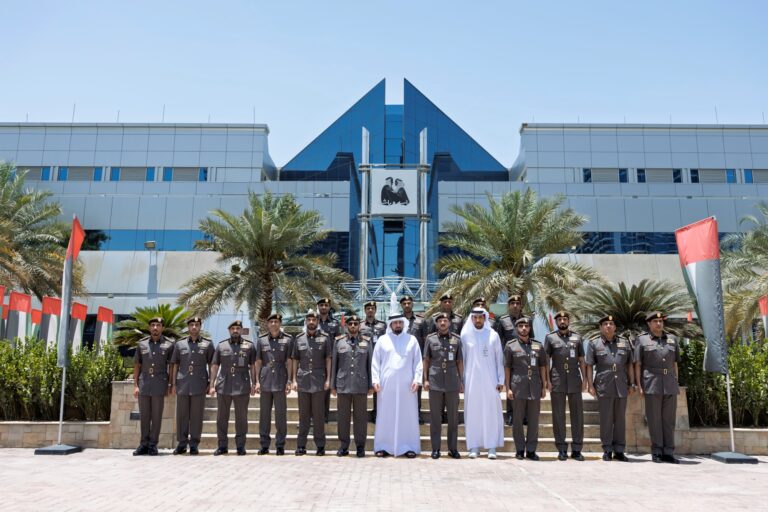For Dubai parent Banasri Brandon, the term social media bullying gives her nightmares. Her 16-year-old daughter was trolled mercilessly by peers who she thought were friends.
“My daughter was involved in a situation where some known friends, after a disagreement, created an Instagram page to bully her,” she said, speaking to source. “They further added friends from various other schools and instructed them to tease her about her looks, even using AI-generated pictures to distort her appearance.”
Banasri is one of the millions of parents worldwide who struggle to navigate the murky world of social media that their children are on. Describing it as “challenging” and “often bewildering,” she said that she emphasised on kindness after the bullying incident.
“I have introduced her to positive coping mechanisms, such as talking to a trusted adult, engaging in hobbies, or practicing mindfulness, to handle her emotions and conflicts. Additionally, I worked on building her resilience and self-esteem, teaching her that confidence should come from within and not be dependent on others’ opinions.”

Banasri Brandon.
Cyberbullying is a major concern among parents in the UAE. A 2022 study by Cartoon Network in partnership with YouGov surveying over 3000 parents found that over 62% of children had been bullied.
Anonymity
According to experts, the anonymity afforded by the internet is a prime factor in bullying.
“Through the use of fake accounts, students can bully others without the risk of being caught,” said Christine Kritzas, Counselling Psychologist & Director of Parenting & Family Services at The Lighthouse Arabia. “There term used to describe bullies who conceal their identity whilst putting aggressive and offensive comments about people on the internet is keyboard warriors. They avoid facing their victims, are less concerned about being caught and are bolder behind their keyboards as a result.”
Christine said that because the bully can’t see the actual emotional effect they’re having on their victims, the intensity of the bullying increases. “This makes it much easier for the bully to say things they would not normally sprout out loud in person,” she said.
Last month, source reported about mothers in the UAE cautioning about teenagers being added to random Whatsapp groups where bullying was rampant and inappropriate content was shared.
Social media hygiene
It is important for youngsters to follow good social media hygiene, according to Dr. Neil Hopkin, Academic Leadership Team at Fortes Education. “To mitigate the risks associated with social media, students should ensure that privacy settings on all social media accounts are set to limit visibility to friends and family only,” he said. “They should only accept requests from individuals they know and trust and be cautious about sharing photos, videos, and other content, understanding that once something is online, it can be difficult to remove.”
Christine said that it was important for parents to be a “media mentor” for their children. “Children don’t do as you say, they do as you do,” she said. “Make sure that you are practicing healthy boundaries yourself. Avoid over-sharing, don’t post pictures of your children without their consent and refrain from being on your phone during meal-time or whilst driving.
She also said that access to technology must be limited. “Keep the computer in a public place in the house and put limits on the use of games and smartphones,” she said. “Most websites, apps, and smartphones include parental control options that give parents access to their children’s online life. Also, no studying with their phone in their bedrooms.”
Banasri said that her child resists her efforts to monitor social media. “My teenager often resists my oversight on platforms like TikTok, seeing it as an intrusion,” she said. “However, I emphasise safety over privacy in these instances. Careful listening and observation are key to understanding their online interactions and ensuring their well-being.”












+ There are no comments
Add yours